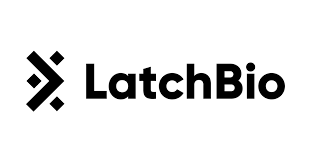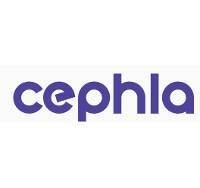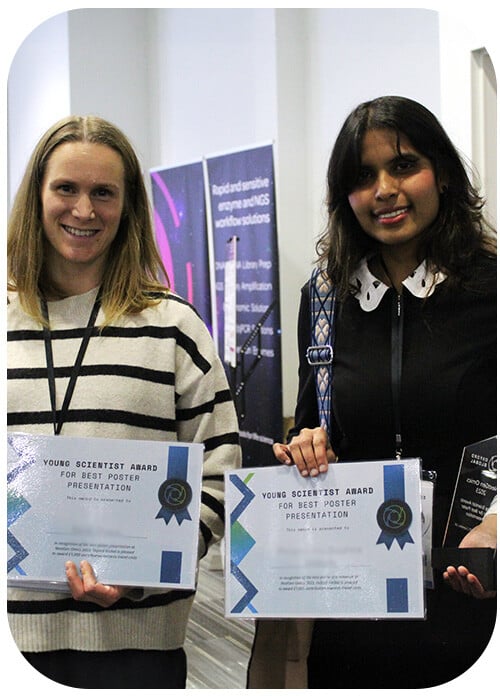Biomarkers, CDx & Precision Medicine US 2026
.png)
Gaylord Pacific Resort & Convention Center, San Diego, CA

Precision Medicine:
Redefining the Future of Healthcare
23 - 24 September 2026 | San Diego, CA

Biomarkers & Precision Medicine US 2025
Thank you for attending!
From beginning to end, Biomarkers & Precision Medicine US 2025 showcased the dedication to advancing personalized healthcare within our community.
We hope you leave with new connections, fresh perspectives, and valuable takeaways from the sessions on Biomarkers, Spatial Biology, and Digital Pathology & AI.
Thank you again for joining the conversation. We look forward to seeing the incredible impact you'll make in the world of precision medicine!
Advancing Therapeutic Innovation Through Multi-Omics Research
NextGen Omics & Spatial Biology connects thought leaders, researchers, and experts with pharmaceutical & biotech representatives to discuss the latest innovations across the fields of multi-omics.
There are three dedicated programmes running across two full days, which together will explore multi-omics from technological development to therapeutic applications and analysis, making this a must-attend event for anyone working in clinical diagnostics, single cell & spatial biology.
Hear from past attendees of last year's Biologics 2024 conference
Explore the NextGen Omics & Spatial Biology US 2025 Programme

NextGen Biomed 2025 is supported by our
Scientific Programme Partner The Antibody Society
Key Themes
Experts agree: the future of precision medicine lies in layering multi-omics with cutting-edge technologies.
Spatial transcriptomics unlocks a treasure trove of archived samples, accelerating drug discovery, early detection, and patient stratification. Advances in sensitivity and throughput are driving progress, while multiplex assays edge closer to clinical use as companion diagnostics. Targeted protein degradation is emerging as a powerful tool, offering precision with reduced toxicity. New single-cell analysis methods are revealing molecular insights in patient settings, bridging research and real-world impact.
The challenge now? Integrating these breakthroughs to truly deliver on the promise of precision medicine.
An unmissable journey awaits you: From celebrated keynote speakers and insightful fireside chats, to the brand new Awards Dinner. Discover the moments that will transform your Biomarkers & Precision Medicine experience.
Have a peek into the dynamic panels, engaging roundtables, and hands-on workshops happening in Boston - right now!
Spatial Multi-Omics For Target-To-Disease Linkage In Inflammatory Diseases
MARINA BLECK, Principal Scientist, Boehringer Ingelheim
Marina discussed the use of multi omics for faster Faster Target-to- Disease Link (T2DL) with increased confidence and how they can leverage Spatial Biology to enhance the ability to derive insight from human disease tissues. Finally the Importance of FFPE Tissue Quality for Spatial Biology was discussed with the use of QC scoring to determine which FFPE tissue gives the best spatial transcriptomics results.
Spatial Biology As A Discovery Pathway
EMRE ARSLAN, Takeda
Emre Arslan from Takeda gave a talk about the use of Spatial Biology as a discovery pathway. First of all providing an update on the current landscape for spatial technologies then analysing how spatial technologies can be used in clinical trial design - such as the ability to identify previously unknown cell types, interactions and microenvironments and providing an ideal foundation for training better AI models.
JASMINE PLUMMER, Director, St Jude Children's Research Hosptial
Jasmine Plummer's day 2 keynote focused on Single cell into spatial and beyond. "The reason we are in this room is because it’s cutting edge" which is why the single cell and spatial field growing exponentially.
Future directions for the technology include Low throughput, clinical trials, other organisms, more tissue types, epigenomics
JUN WANG, Associate Professor, Multiplex Biotechnology Laboratory, Department of Biomedical Engineering, Stony Brook University
"Simpler but more powerful than flow and imaging cytometry"
MIST Technology provides100 times more information than flow cytometry and currently the highest multiplexity is up to 500 markers/ cell.
Panel Application Of Single Cell Omics In Clinical Monitoring
PRIYA CHOCKALINGAM, Vice President, Head of Clinical BioAnalytics & Translational Sciences, Beam Therapeutics
Priya's talk focused on Genome Editing Technologies for Gene & Cell Therapy and how cell & gene therapies require a specialized regulatory approach compared to other modalities. Appropriate assessments should therefore be put in place in both nonclinical and clinical stages to address safety concerns.
Various methods to assess off-target editing effects have evolved in the last decade. However, limitations remain in balancing accuracy vs sensitivity of these new techniques.
The direct assessment of off-target effects in vivo and in patients is particularly challenging.
Novel single-cell technologies enable quantitation/co-occurrence of on-/off-target editing through patient time-course of treatment
Comparative Insights In Single Cell RNA-seq & Advances In Large-Scale Multimodal Profiling
ZORA MODRUSAN, Senior Director NGS, Genentech
Zora focused on both key insights and future directions of single cell RNA-Seq. scRNA-seq technologies were evaluated and the differences in performance across various metrics such as sensitivity, throughput and cost were compared across different systems.
The Overloading And unpacKing (OAK) method provides a reliable solution for large-scale molecular profiling that incorporates multiple data modalities.
Moving forward they will continue to evaluate the latest scRNA-seq kits to understand differences and guide optimal performance. Zora would also like to enhance OAK's capabilities by integrating additional modalities and applying the platform to a wide range of biological systems.
Key Event Highlights
An unmissable journey awaits you: from celebrated keynote speakers and insightful private roundtables, to an exclusive gala dinner. Discover the moments that will transform your NextGen Omics & Spatial experience.
Meet Our Expert Speakers
The event brings together a panel of prominent leaders and scientists, sharing new case studies, innovative data, and industry outlooks. Below were some of the featured speakers at Biomarkers, CDx & Precision Medicine US 2025: 27 - 28 October 2025, San Francisco, CA, USA
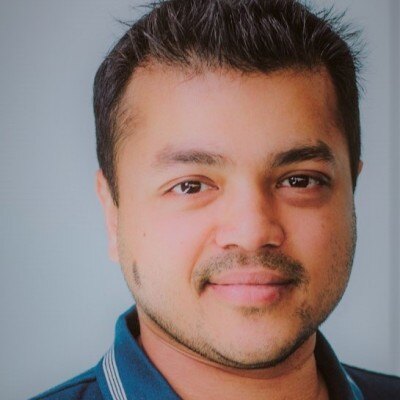
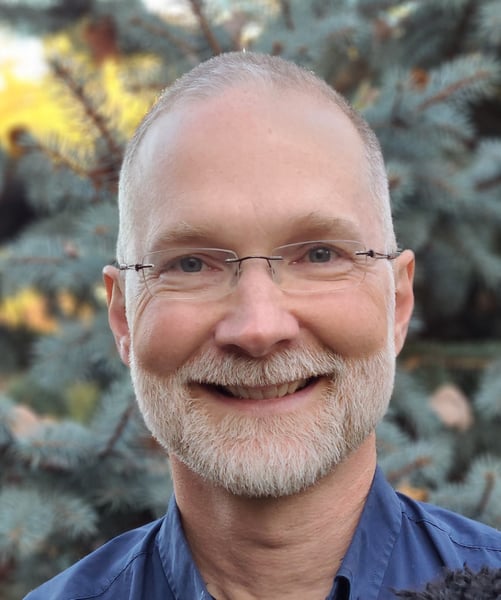
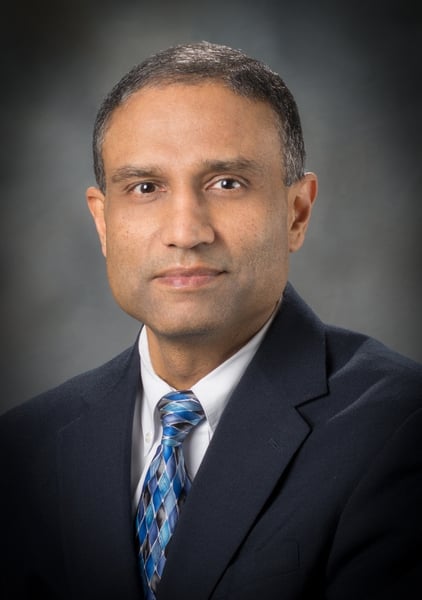

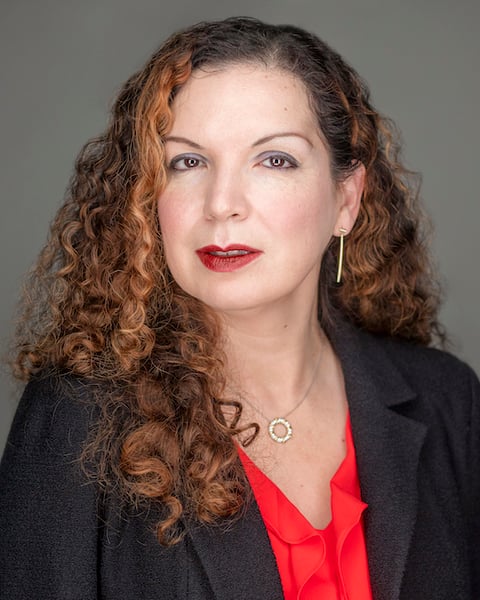
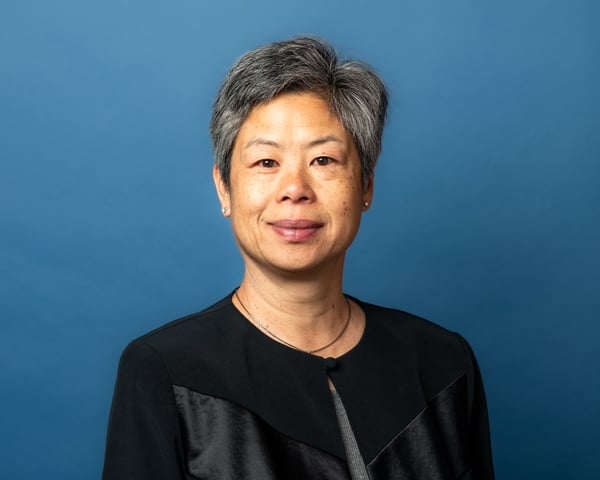
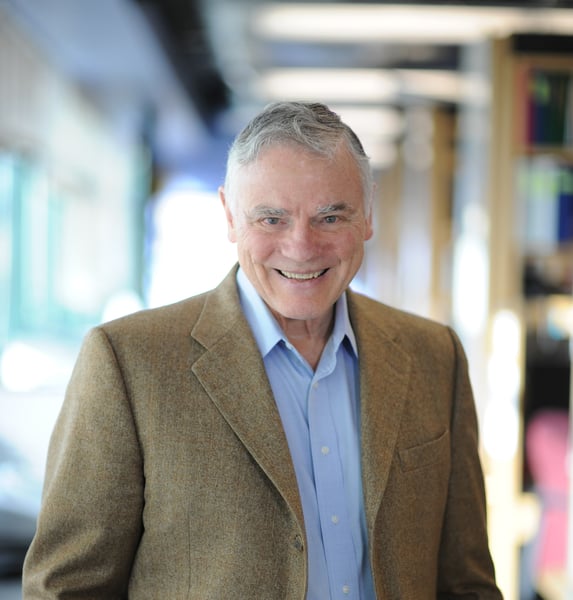

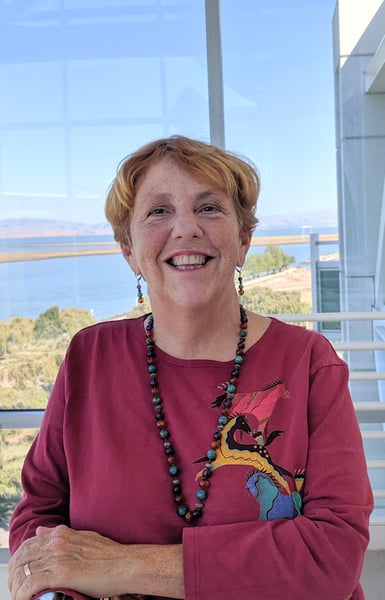
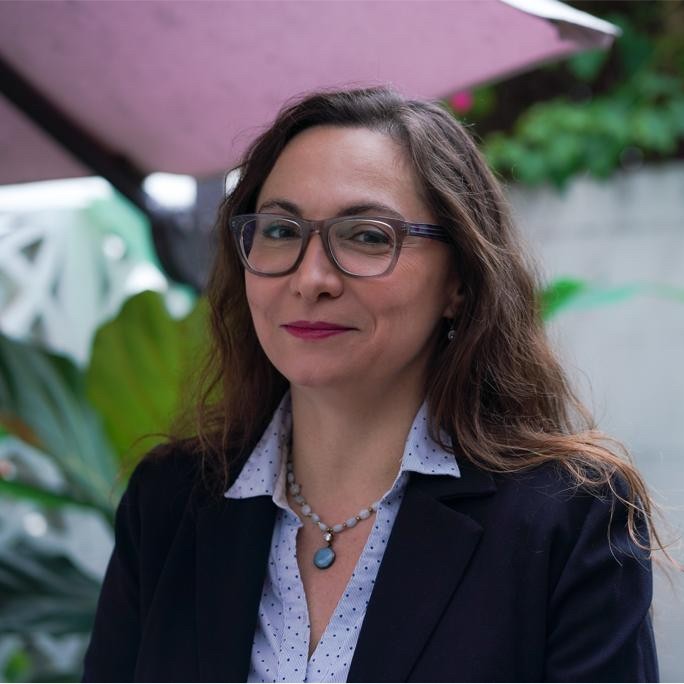
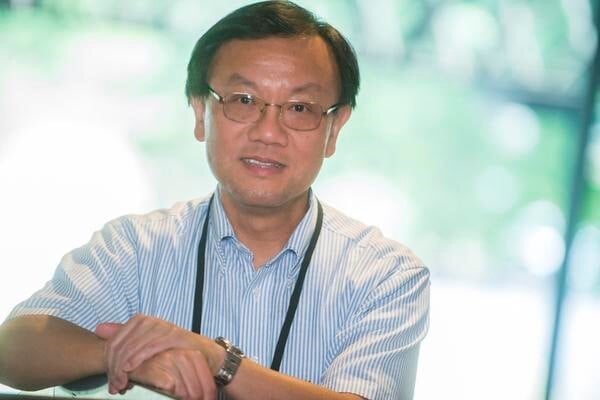
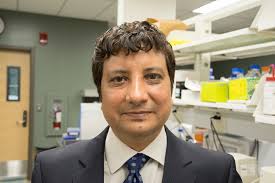
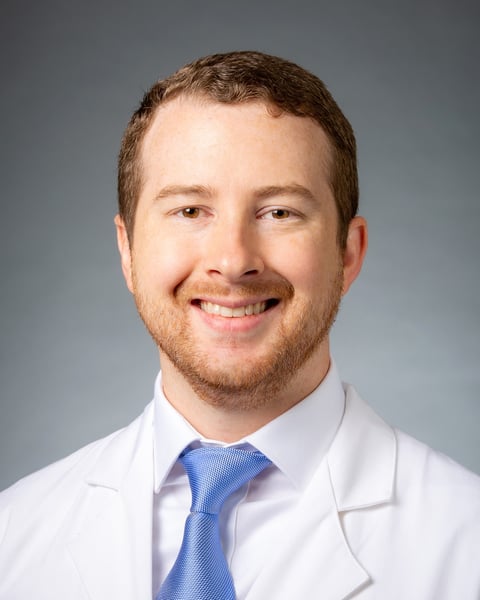
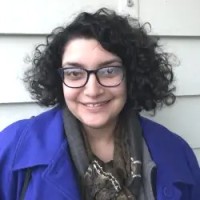
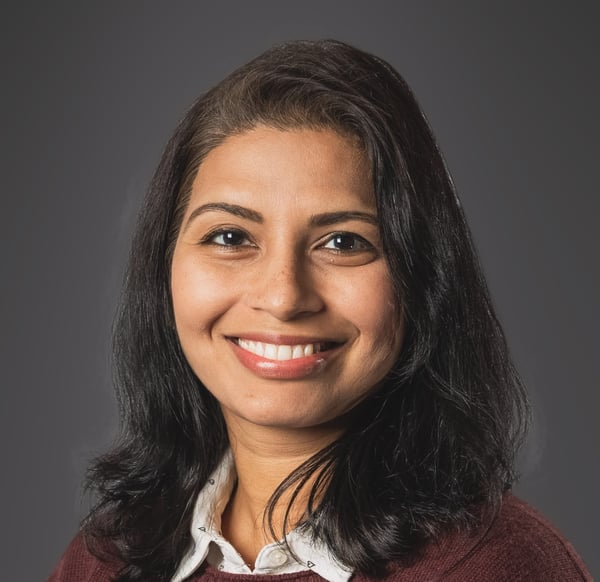
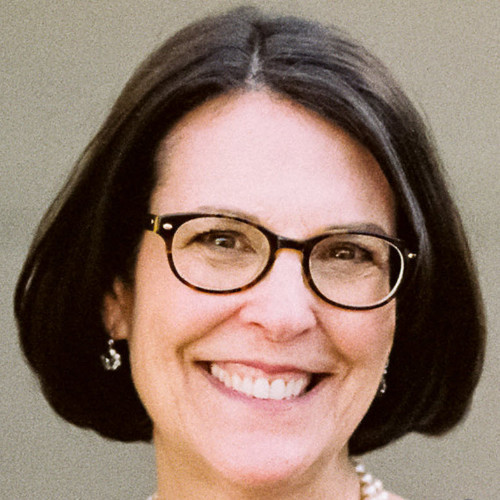
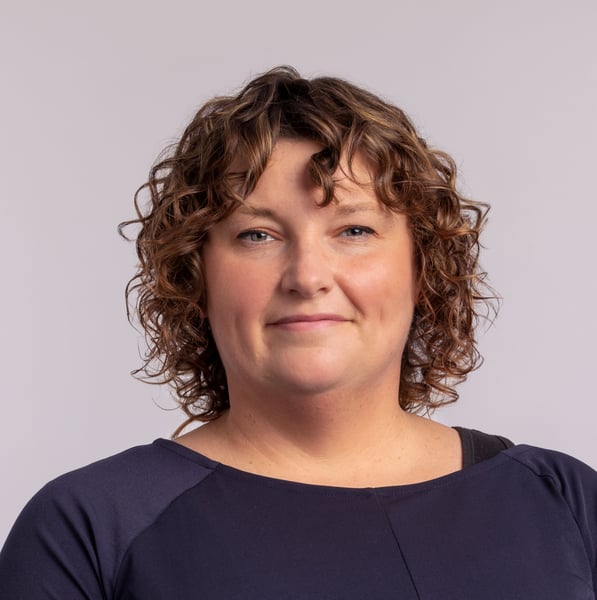
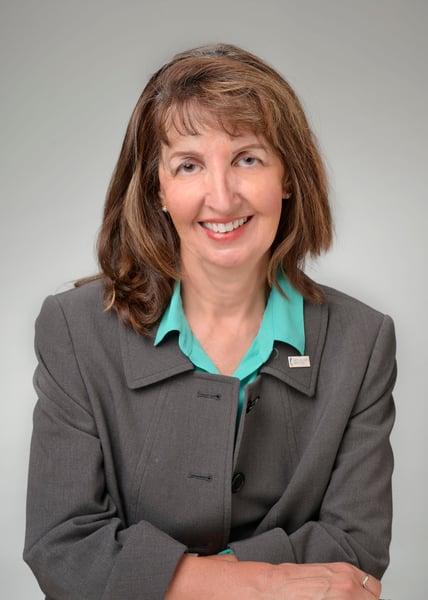
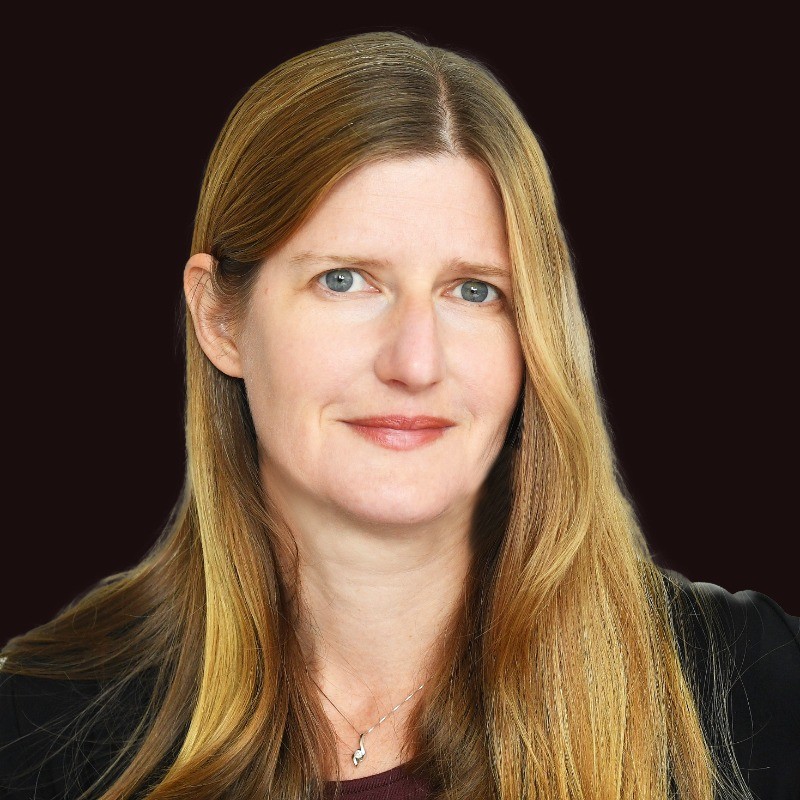
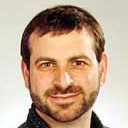

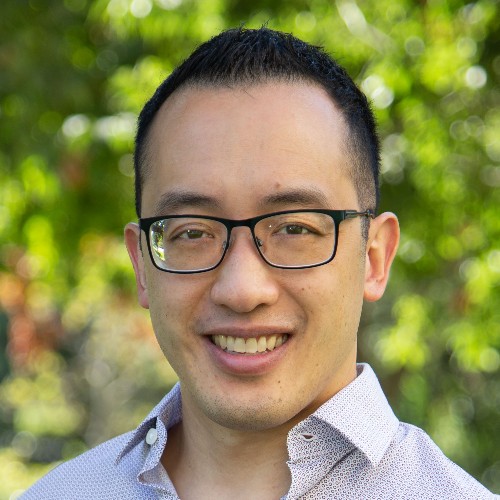
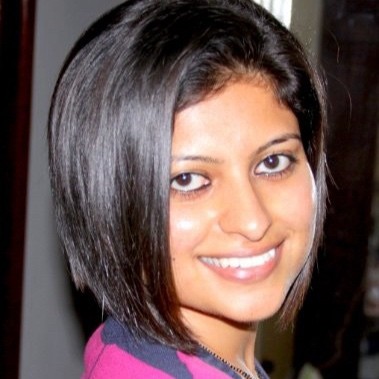
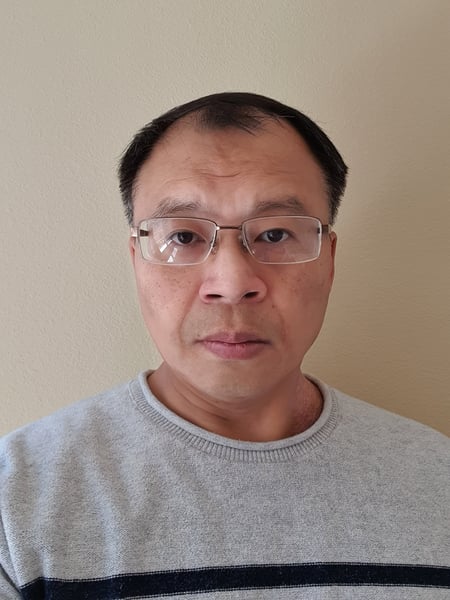
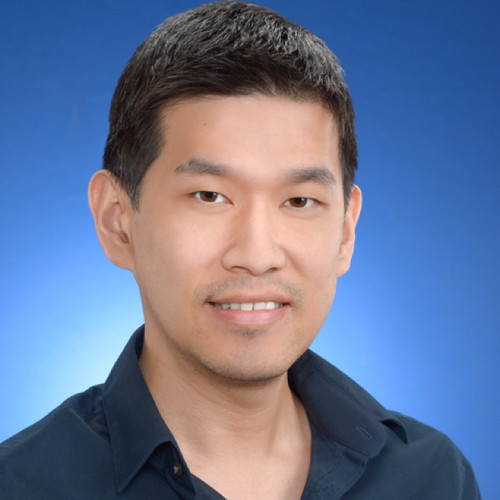

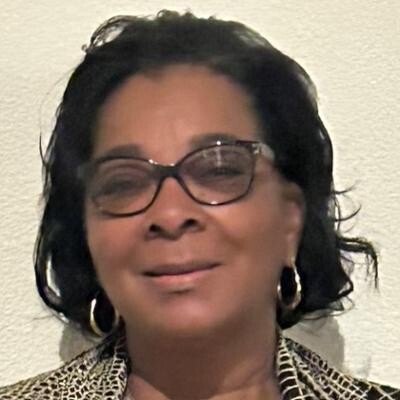
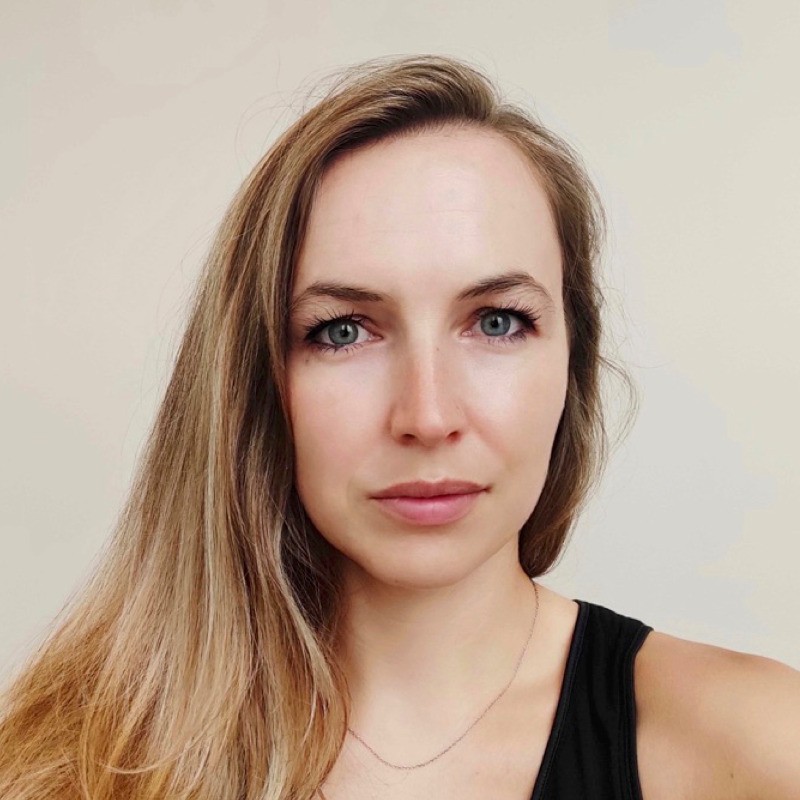
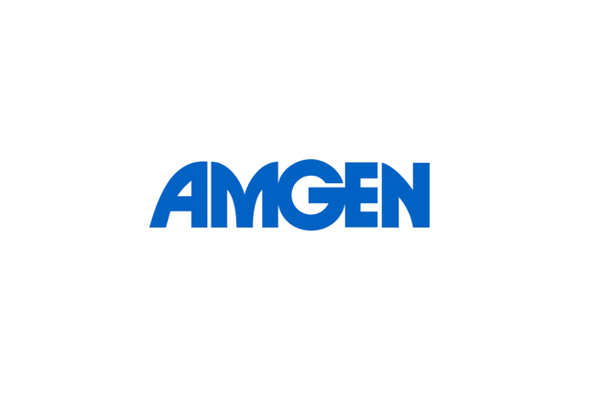
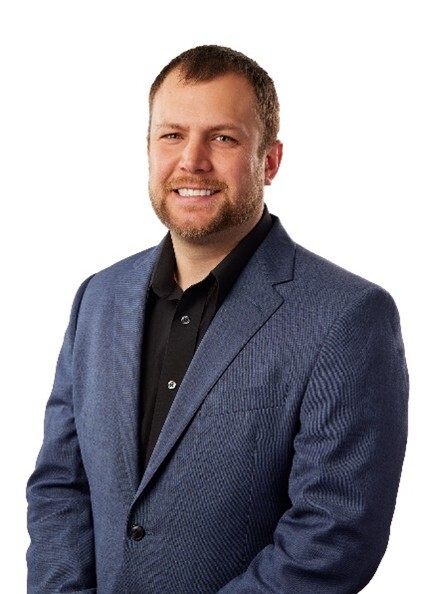
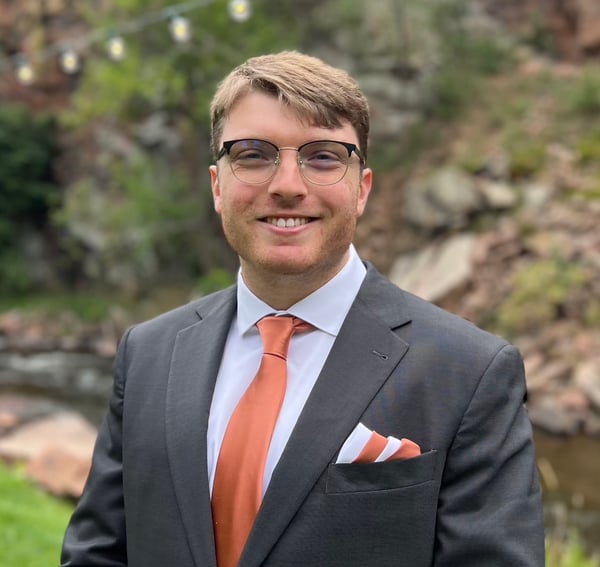
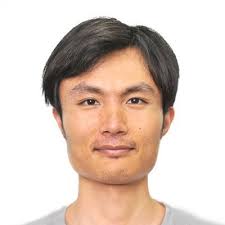
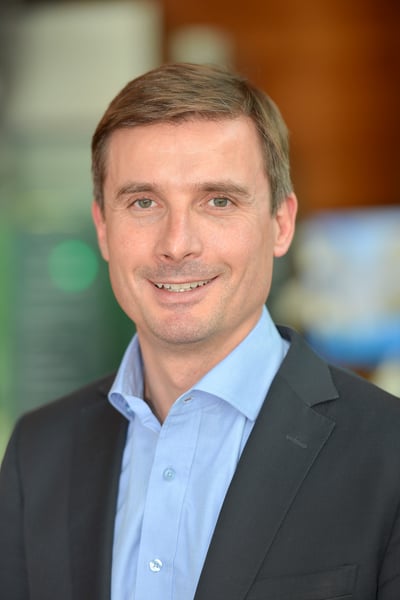
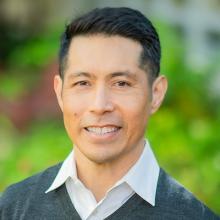
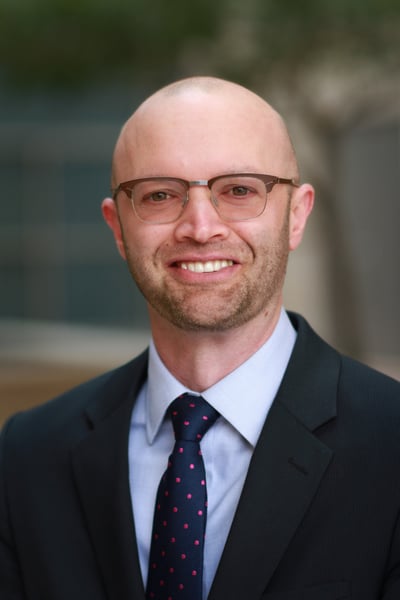
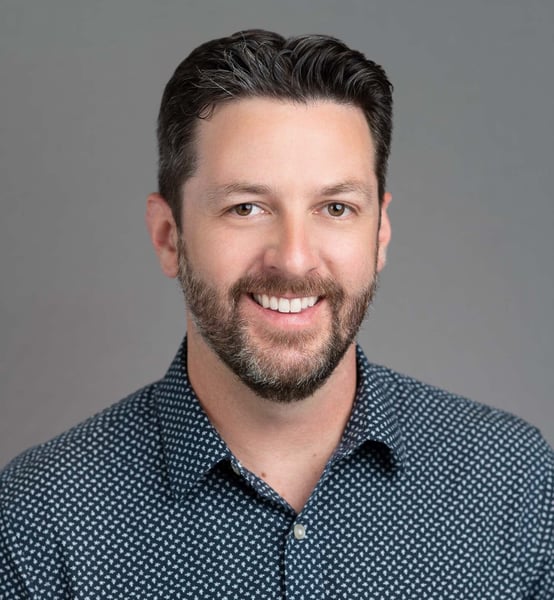
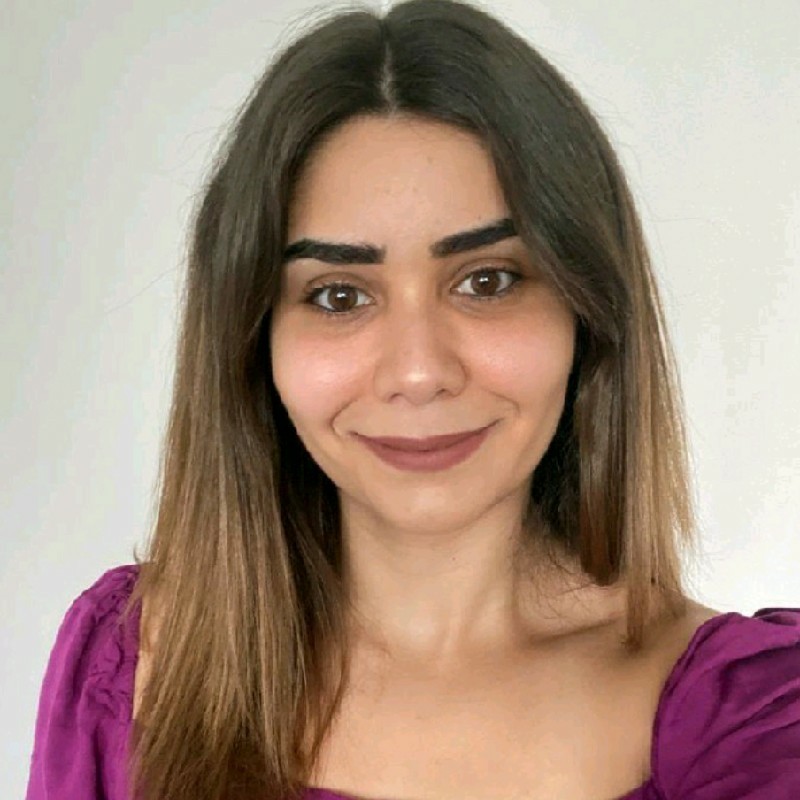
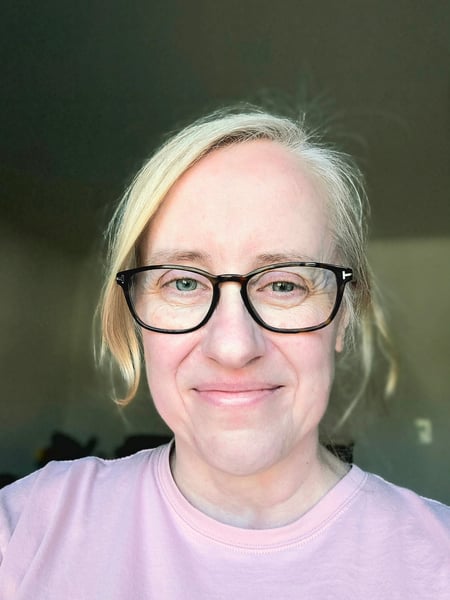
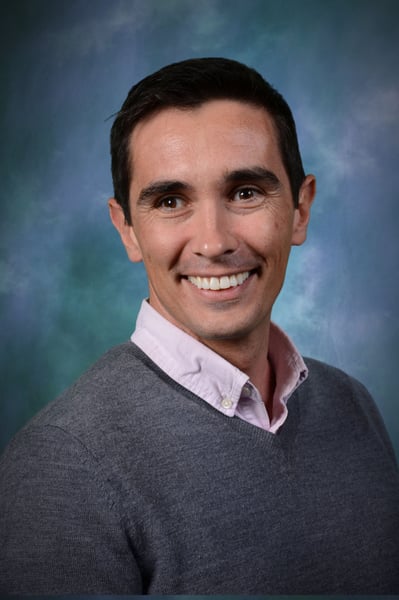
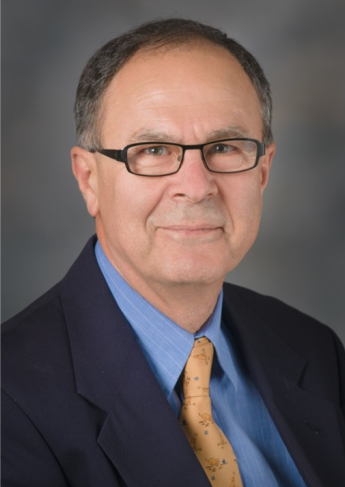
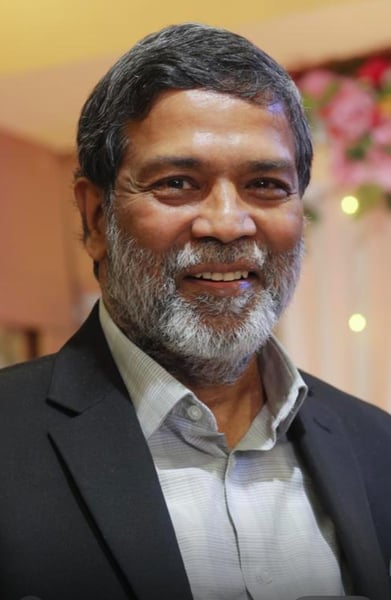
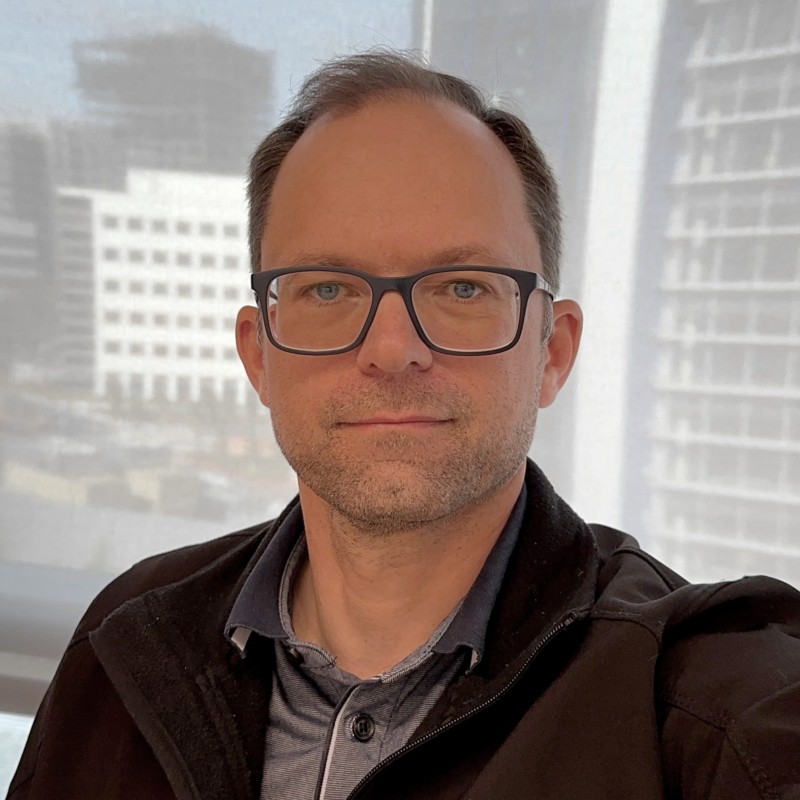
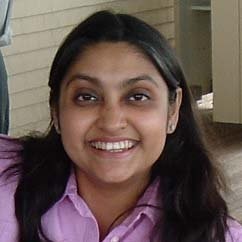
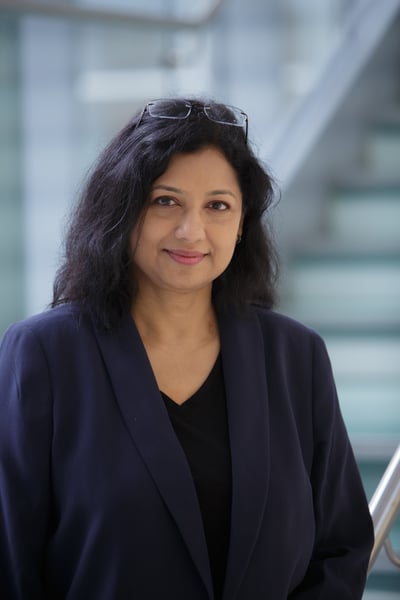
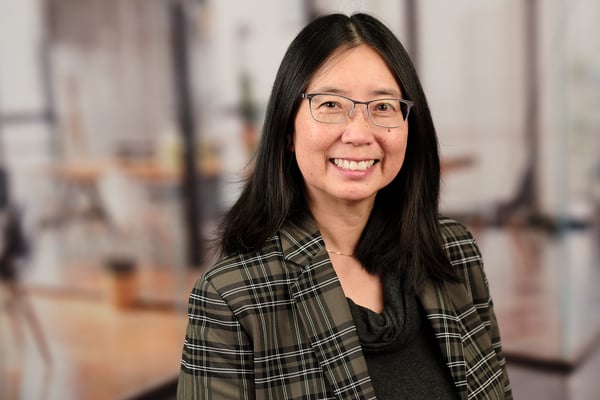
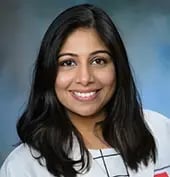

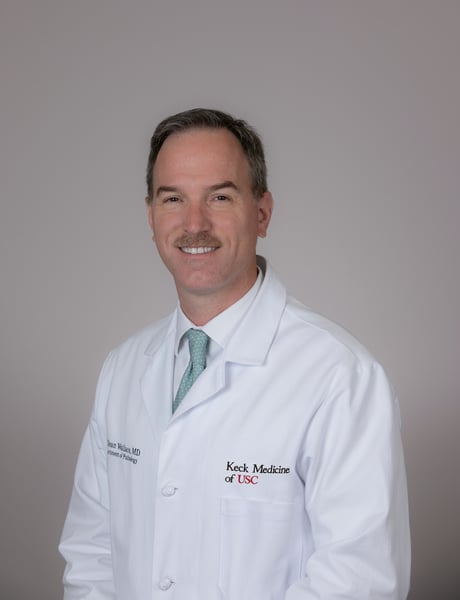
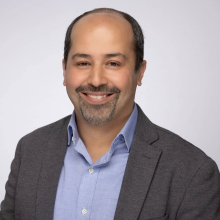
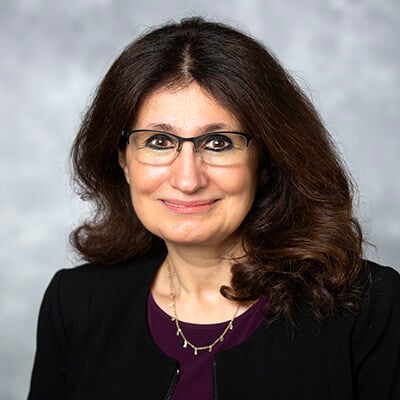
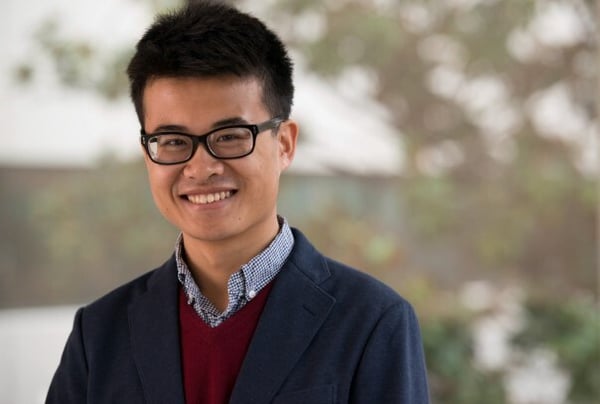
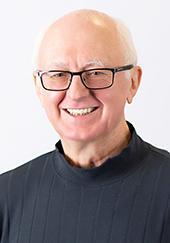
Become a driving force in accelerating the next generation of multi-omics-based treatments. NextGen Omics & Spatial Biology US offers a unique platform to enhance your brand visibility and connect with thousands of pharma, biotech, & academic experts. Our branded event opportunities, immersive experiences, and content services enable you to engage, educate, & collaborate with the community shaping the future of genomic medicine today.
Interested in Sponsoring NextGen Biomed?
Become a driving force in accelerating the next generation of biologics and immunotherapy medicines to patients. NextGen Biomed offers a unique platform to enhance your brand visibility and connect with thousands of pharma, biotech, and R&D experts. Our branded event opportunities, immersive experiences, and content services enable you to engage, educate, and collaborate with the community shaping the future of biomedicine today.
Meet Our Esteemed Sponsors
Platinum Sponsors
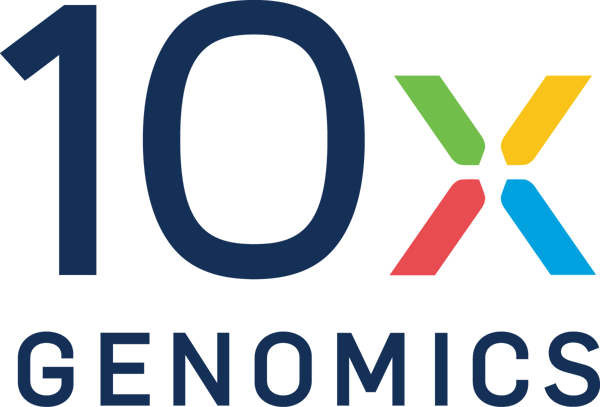
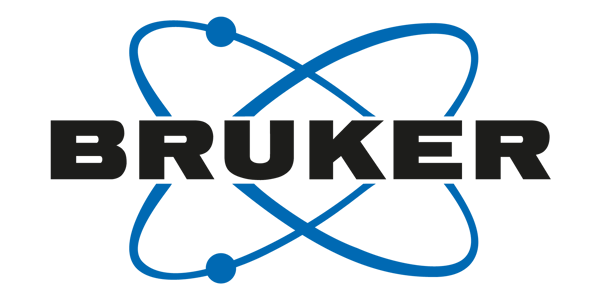
Gold Sponsors


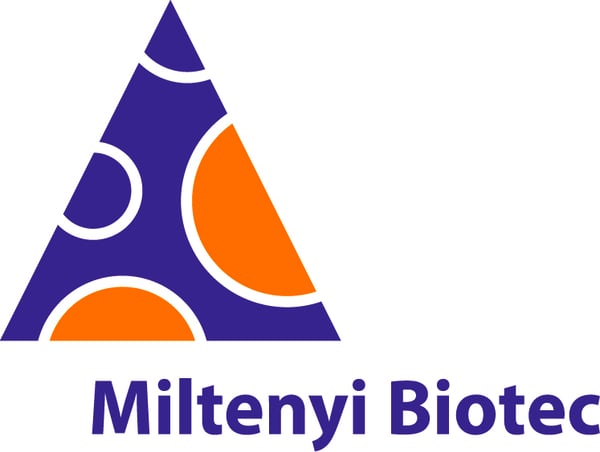



Silver Sponsors
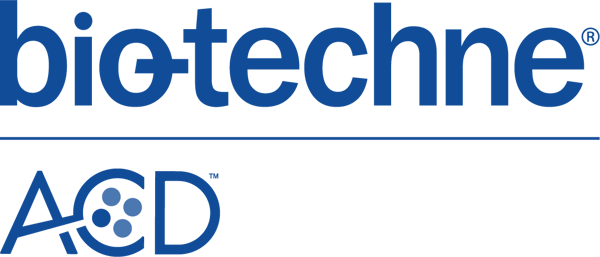
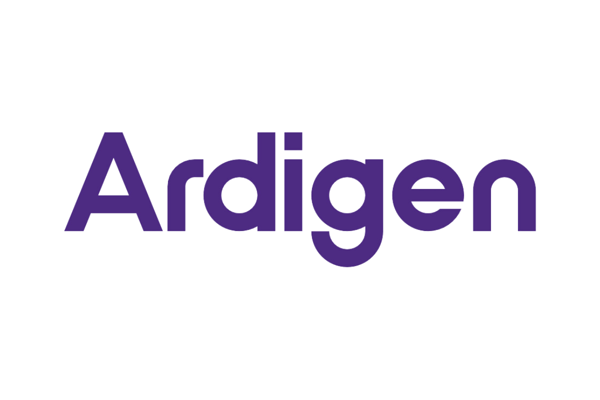
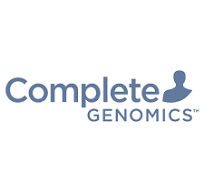
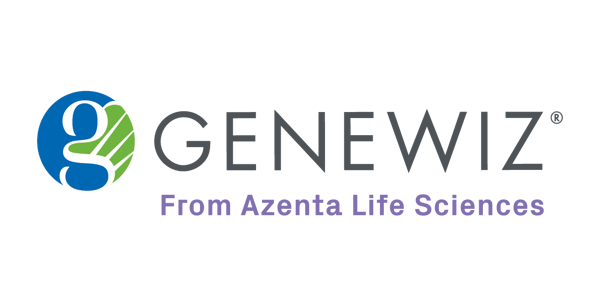









.jpg?length=600&name=a396bca6-7435-42de-8524-0ee4844b758e-2-5668375logo-standardbio-color-logo-blue-outline-blue-TM-(2).jpg)
Bronze Sponsors
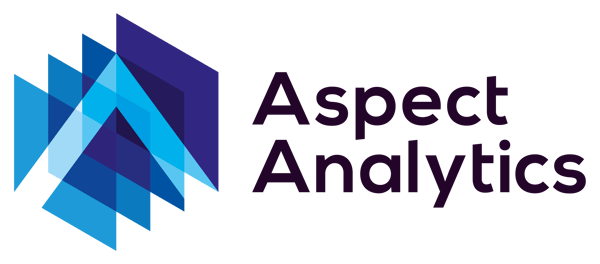


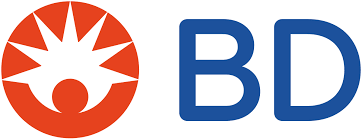

.png?length=600&name=23c79081-69ce-4042-a188-0a0e10023652-2-5668375logo-Hawk-(RGB-Full-Colour).png)
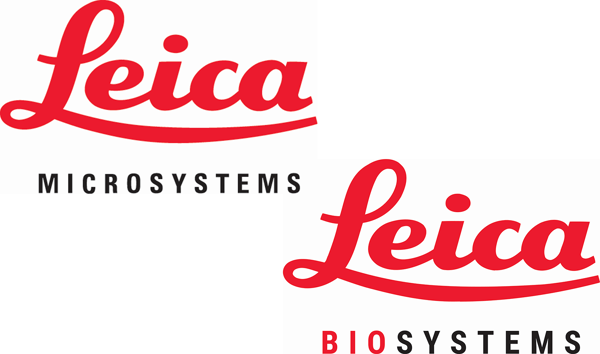

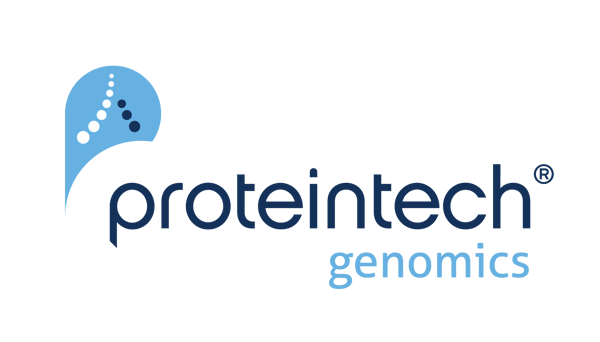
.png?length=600&name=3ebab810-7368-4d37-bc16-77d994699581-2-5668375logo-RareCyte_Logo_PMS7585-CoolGray11-(R).png)
.png?length=600&name=Zifo_Master%20Logo_Two%20colour_RGB%20(002).png)
Network & Programme Sponsors

.png?length=600&name=77f962ea-48c4-4469-ac13-19f7332176c0-2-5668375logo-DLS-Logo-FullColor-noTag-(4).png)
.png?length=600&name=708bd68b-02d3-4436-8882-e6181f86f6da-2-5668375logo-Horizontal-Logo-(White-Background).png)


.png?length=600&name=ccf7bc56-af8b-49fe-b50e-b8bdf467ba91-2-5668375logo-StellaromicsLogo-(7).png)



Start-Ups
Our 2025 Partners & Sponsors
Platinum Sponsors
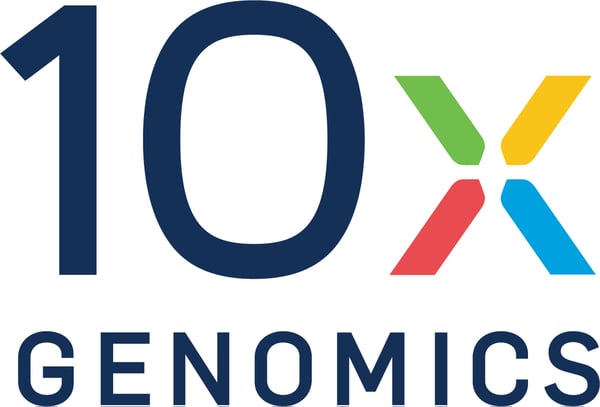
Gold Sponsors


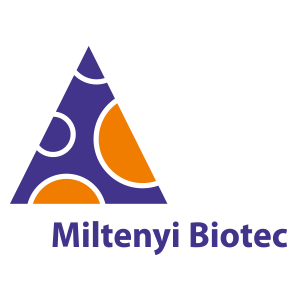

.png?length=600&name=c214d75e-f67b-427e-be3d-bc7eb7c1afa0-2-5668375logo-PFM_RGB-(R).png)


Silver Sponsors

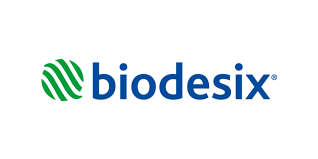
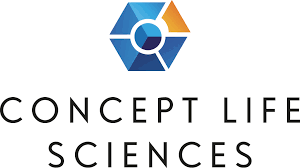
.png?length=600&name=ae23102d-99ea-4bd3-a7a5-1c642741fe3f-2-5668375logo-DLS-Logo-Horizontal_Full-Color-(1).png)


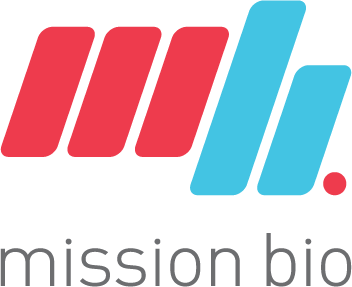
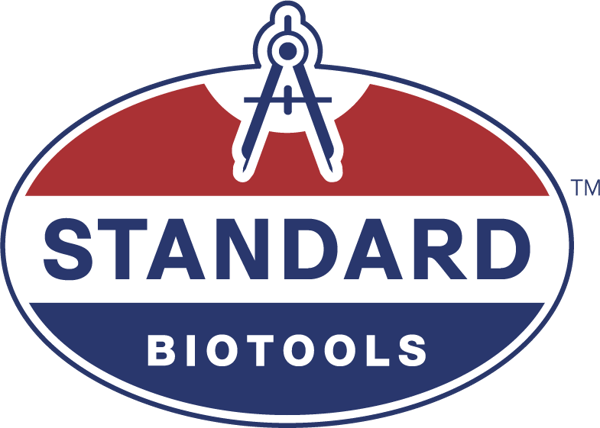

Bronze Sponsors
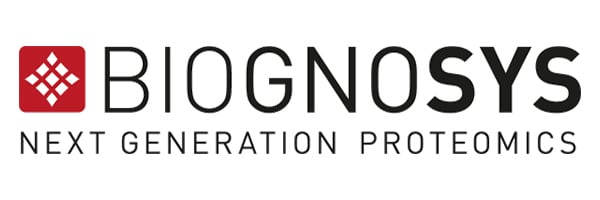
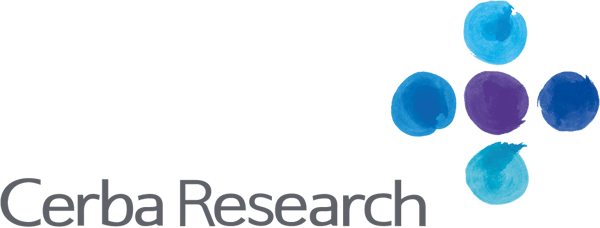


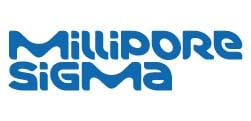
.png?length=600&name=3ebab810-7368-4d37-bc16-77d994699581-2-5668375logo-RareCyte_Logo_PMS7585-CoolGray11-(R).png)

Network & Programme Sponsors
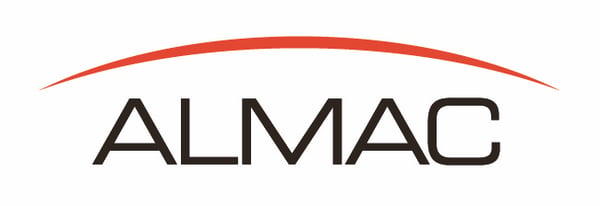
_v2.png?length=600&name=e05747ca-793a-47f1-84b8-ce8278e71199-2-5668375logo-Altheome-orange-(1)_v2.png)


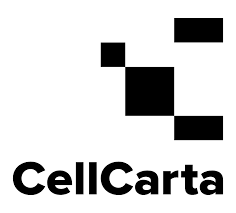


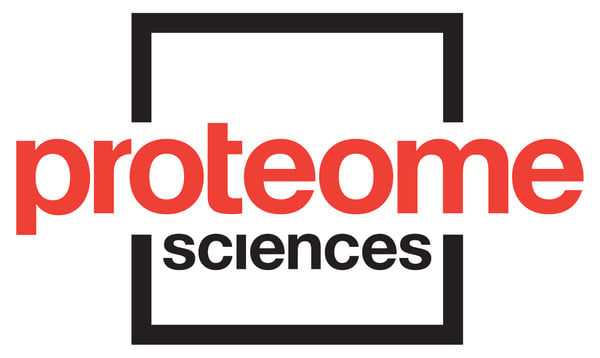

Start-Ups
Interested in Sponsoring Biomarkers, CDx & Precision Medicine US 2026?
Become a driving force in accelerating the next generation of personalized treatments. Biomarkers, CDx & Precision Medicine US 2026 offers a unique platform to enhance your brand visibility and connect with thousands of pharma, biotech, & academic experts. Our branded event opportunities, immersive experiences, and content services enable you to engage, educate, & collaborate with the community shaping the future of precision medicine today.
The NextGen Biomed Young Scientist Awards include the best poster presentation award and are intended to honour an outstanding individual performance for a scientific work by a PhD student, PostDoc or early career scientist.
Please submit your poster presentation by no later than 13th January 2025 in the below category:
- Protein/Antibody Engineering
- Bioanalysis & Characterisation
- Next Generation Biotherapeutics
- Peptides Chemistry & Therapeutics
- Oligonucleotides Chemistry & Therapeutics
- Sustainable Chemistry & Manufacturing
- Student (PhD), PostDoc or early career scientist under 35 years of age. Proof must be provided via an active student ID card or a copy of status
- Applicants must be the first AND presenting author of the submitted paper and register for the meeting by 13th January 2025
- ONLY ONE YSA submission per person will be accepted. If authors submit multiple abstracts for consideration for the YSA, only one abstract will be taken into consideration for the YSA
Applicants must follow the procedure as follows:
- Register and submit an abstract by 13th January 2025 using the registration link to the left on this page
- Once registered you will be provided with the online abstract submission form
- Prepare the poster or platform and present it (The poster presenter should be at the poster during all breaks.)
- The 3 winners with the highest scores will be announced at the Networking Drinks on the second day of the event
- The winners’ 10-minute oral presentations will take place during the networking drinks on day 2
The platform or poster presentation will be evaluated by senior scientists (consisting of our speaking and steering group committee for the NextGen Biomed series) on the basis of originality of the approach and quality of the work (e.g. appropriate methodology, interpretation of results, conclusiveness). All participants will receive the scoring and comments after the annual meeting via email.
The 3 winners receiving the highest scores will be announced at the Networking Drinks on the Day 2 and will be given a trophy as well as £1,000 contribution towards travel costs. Oxford Global will also provide winners with PLUS Pass – 12 months access to our content platform providing access to on-demand presentations, exclusive reports and highlights.






